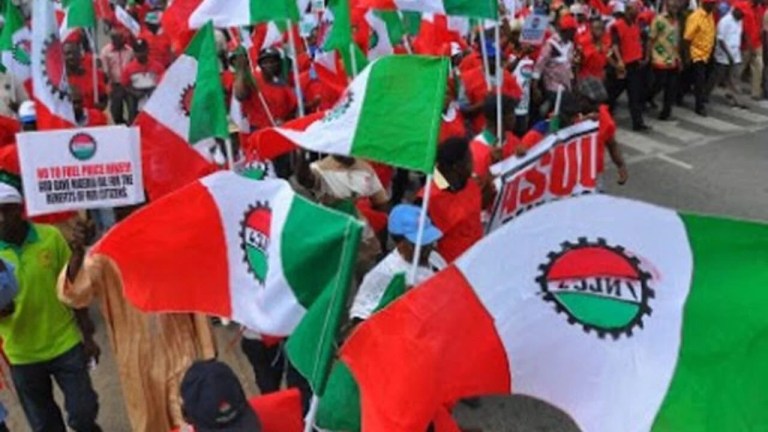As the year 2024 gradually comes to an end, the Nigeria Labour Congress (NLC) has said it was the worst of its kind for Nigerian workers.
NLC President, Comrade Joe Ajaero who spoke at the opening session of the 2024 Harmattan School in Abuja, tagged: Trade unions and the Quest for a New Social Contract,” lamented it was filled with harrowing hardship.
He said: “I welcome you a year that we have witnessed one of the greatest turbulence in our history as a movement, a period where we have been invaded, ransacked, and subjected to the highest level of threats, and intimidation.
“A year that we have been charged with treasonable felony, financing cybercrime and other sundry crimes. A year where our liberties were forcefully emasculated, and the year we were arrested and detained by the state.
“A year where we have had to negotiate a new minimum wage in the midst of the worst kind of harrowing hardship ever seen in our clime. A year where workers and other Nigerians go to bed fearing what the next day may bring, especially in the marketplaces
“It has truly been a year like no other year in our history, thus presenting us with unknown challenges that sometimes defy human relations and logic.”
Ajaero charged workers participating in the harmattan school to actively engage in the training which according to him, was aimed at preparing workers for the engagement and negotiation of the new social contract,
“This year’s harmattan school afford us all the opportunity to dissect all we have been through this year, assess their dynamics and then initiate actionable steps to make ourselves stronger and better. We believe that in those events, we have emerged stronger, more resilient and better positioned to deliver on the expectations of Nigerian workers and people.
“All these events were nothing but attempts to weaken and undermine our capacity as a movement to deliver on our job to our primary and secondary constituencies, the articulation and protection of workers’ rights in our is our primary responsibility, and anything we do that does not approximate to that amounts to failure.
“We are therefore left with no other choice than to focus with greater determination and zeal on this mission of making our working places and indeed our nation, to yield better results to Nigerian workers.”
ILO Country Director, Vanessa Phala charged trade unions in Nigeria to unite and engage the government to find solutions to some of the harrowing challenges workers were grappling with.
According to her, the ILO expects a new social contract based on rebuilding trust in institutions. It must be inclusive, and it must protect and ensure the participation of all those that are involved.
“We know that in spite of the newly negotiated minimum wage that was approved, the rising cost of goods and services, the rising cost of fuel, is really not making that minimum wage have the impact that we want to see.
“Therefore I change the conversation in the Harmattan school to focus on identifying the kind of social contract that will take Nigeria forward.
“As we know this concept of social contract is very important, and it actually gives us an opportunity to take stock of how far we have come in this transformation and the changes that are happening, but most importantly, to make sure that we have not excluded anybody, especially those vulnerable workers from far communities that are far to reach and that everybody is empowered.
“I expect that the conclusion of this school will identify the priorities of the NLC and how it will engage in policy discussions with the leadership of the country on matters that are of interest and matters that are of concern for the workers here.”








